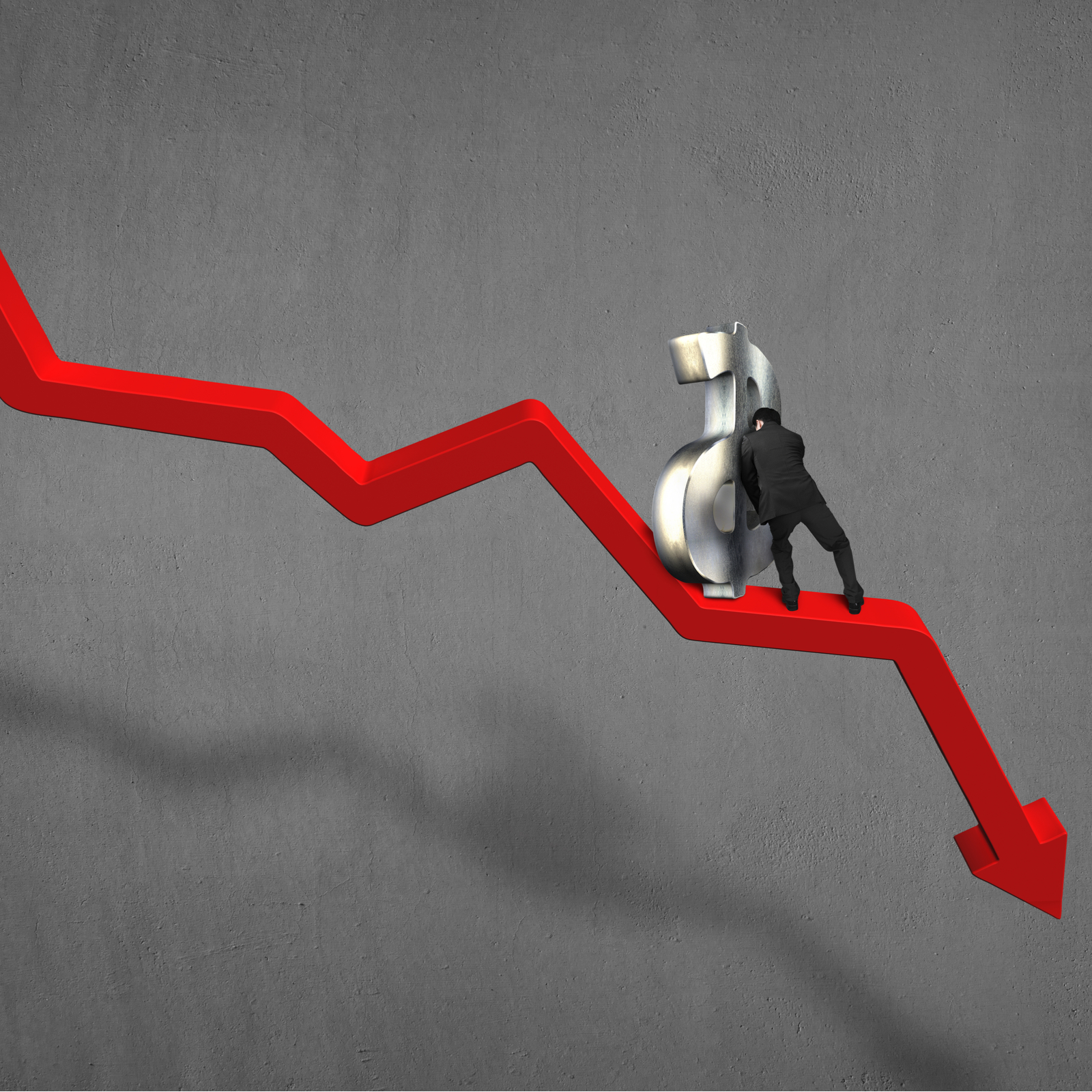Arthur Hayes Predicts a 30% Decline in Bitcoin During a "Vicious Washout" Why???
Arthur Hayes Predicts a 30% Decline in Bitcoin During a "Vicious Washout" Why because the expiration of a vital funding program might cause markets to revisit the American banking crisis of the previous year.
- The Fed may have to lower interest rates in March due to the depletion of the reverse repo program and the expiration of a vital lending facility for financially struggling banks, according to Maelstrom CIO Arthur Hayes.
- According to Hayes, Bitcoin might drop 20%–30% during the meltdown but would soon rise again.
CRYPTO LIQUIDITY RUG PULL
Through the course of last year, the Federal Reserve's reverse repo program (RRP), which allows qualifying banks and investment firms to park cash and collect interest on it, was drawn down. This injected money into the markets as participants withdrew cash from the facility and made investments. The RRP balance, however, is rapidly decreasing; at the end of 2022, it was at a record high of $2.5 trillion; Hayes projects that it will return to its historical normal of $200 billion by the end of March. "When this number gets close to zero..., the market will wonder what is next," he stated. "Without any other new sources of dollar liquidity, bonds, stocks, and I believe crypto will also get the stick." Secondly, the Bank Term Funding Program (BTFP), a vital Fed facility that prevented the regional banking crises of the previous year, is scheduled to expire on March 12 and might cause instability in the banking sector. By lending banks money at the notional value of the US government bonds they held, the BTFP gave banks the funding they needed to meet deposit withdrawal requests. This was a far better deal than having to sell the bonds on the open market at a loss because of the Fed's relentless rate hikes. Because of the enormous unrealized losses on their bond holdings, Hayes anticipates that the facility won't be renewed during this year's US presidential election, which could force several banks into bankruptcy.
Secondly, the Bank Term Funding Program (BTFP), a vital Fed facility that prevented the regional banking crises of the previous year, is scheduled to expire on March 12 and might cause instability in the banking sector. By lending banks money at the notional value of the US government bonds they held, the BTFP gave banks the funding they needed to meet deposit withdrawal requests. This was a far better deal than having to sell the bonds on the open market at a loss because of the Fed's relentless rate hikes. Because of the enormous unrealized losses on their bond holdings, Hayes anticipates that the facility won't be renewed during this year's US presidential election, which could force several banks into bankruptcy.
"The combination of a lack of liquidity gushing from the RRP and the lack of printed money to cover the bond losses on the non-TBTF too big to fail banks’ balance sheets will decimate the financial markets globally," he stated. Hayes forecast that the Fed will drop rates at its meeting on March 20 and restart the BTFP funding line as the market crashes.
WHAT'S NEXT FOR BITCOIN'S PRICE 
A spot-based ETF approval, according to CryptoQuant, would be a "sell the news" event, causing Bitcoin to plummet to $32,000. K33 Research, on the other hand, advised lowering exposure when the market got too hot. Right now, Bitcoin is worth more than $43,000.










































![[ℕ𝕖𝕧𝕖𝕣] 𝕊𝕖𝕝𝕝 𝕐𝕠𝕦𝕣 𝔹𝕚𝕥𝕔𝕠𝕚𝕟 - OM(G) , My Biggest Bag Was A Scam????](https://cdn.bulbapp.io/frontend/images/99de9393-38a8-4e51-a7ab-a2b2c28785bd/1)


